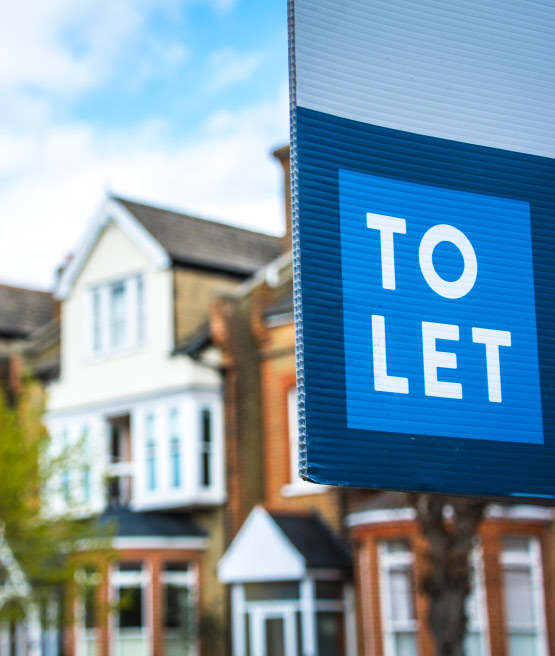In April 2016, The Energy Efficiency (Private Rented Property) Regulations 2015 brought into force Minimum Energy Efficiency Standards (MEES) in the residential and commercial Private Rented Sector (PRS). These standards apply to properties in England and Wales.

Domestic Minimum Energy Efficiency Standards (MEES)
This has been introduced by government to improve the quality of private rented buildings and reduce the overall CO2 emissions in accordance with the UKs targets for decarbonisation. From 1st April 2018, phase one of the MEES regulations came into force which has big implications for landlords of private rented property. As a result of this, it is now deemed unlawful to let properties with an Energy Performance Certificate (EPC) rating below an ‘E’ rating and Landlords could face financial penalties of up to £5,000 for not meeting these minimum standards.
Energy Assessors can help Landlords by commissioning an up to date EPC which will determine the energy efficiency of their existing housing stock. The recommendations from the EPC can also help to clarify potential improvement measures.
DOWNLOAD MEES GUIDEDomestic MEES Timeline
Domestic tenants were given the right to request energy efficiency improvements to their properties. This applies to domestic properties let under longer term assured and regulated tenancies. Landlords will be unable to refuse consent to a tenant’s request to make energy efficiency improvements.
It became unlawful to grant new leases for residential property with an EPC rating below an ‘E’.
£3,500 cost cap introduced– Where third party funding (ECO, grants etc) is unavailable, domestic landlords must use their own funding to cover the cost of improving their property to EPC band E.
This requirement is subject to a spending cap of £3,500 (inclusive of VAT) for each property.
The regulation expanded to apply to ALL residential privately rented property which are required to have an EPC.
The government has proposed a number of different scenarios for Domestic MEES regulations, and we continue to await the final outcome of the consultation.
The government’s preferred option is for new tenancies’ to reach EPC C rating from 1 April 2025 and ‘all tenancies’ to reach the same target by 1 April 2028.
The consultation document with the government’s full proposals can be found here.

Non-Domestic Minimum Energy Efficiency Standards (MEES)
Since 2018 It has been unlawful to grant new leases for private rented commercial properties with an EPC rating below an ‘E’. This scope will be expanding further in 2023 to include existing leases. The government has also established a long term target of EPC rating B for all private rented commercial properties by 2030, with the industry just waiting on how this will be implemented.
Energy Assessors should encourage landlords to get an up to date EPC as soon as possible to determine the energy efficiency of their existing properties. Non-Domestic properties will typically take longer to improve, which is why early action is recommended.
The cost of non-compliance is significantly higher for non-domestic landlords as it is linked to the rateable value of the property- which means it could be as much as £150,000.
DOWNLOAD MEES GUIDENon-Domestic MEES Timelines
It became unlawful to grant new leases for commercial properties with an EPC rating below an ‘E’.
The Non-Domestic MEES regulations will be extended to include ALL existing commercial leases.
Within the Non-Domestic PRS: EPC B implementation consultation, the government proposed an interim target to ensure that the long term target of EPC rating B by 2030 is met.
They propose that form 1st April 2027, All non-domestic rented buildings must have improved the building to an EPC C, or register a valid exemption.
On the 1st April 2025 and 2028, private rented landlords in the scope of MEES, may also need to present a valid EPC.
The Energy White paper confirmed the future trajectory for Non-Domestic MEES- highlighting that all private rented non-domestic properties will need to have an EPC rating of ‘B’ or higher.
The government has consulted on the implementation of this new target, and industry now awaits an outcome, where more detail (including proposed interim targets) will be provided.
